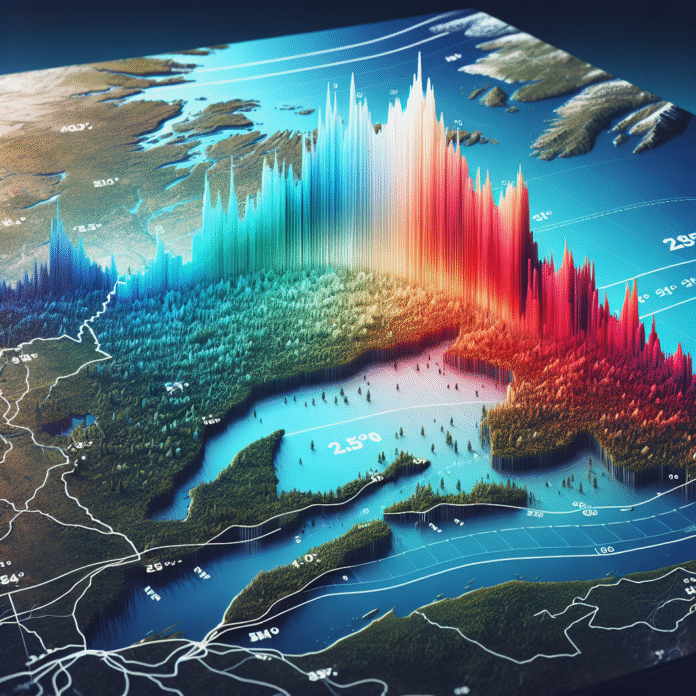Quebec Summer Expected to be Hotter than Usual
Quebecers Brace for a Hotter-Than-Average Summer, According to Environment Canada
As summer approaches, residents of Quebec can expect a season marked by above-average temperatures, as predicted by Environment Canada. The meteorological agency has released its seasonal forecast, indicating that warmer weather patterns are likely to prevail across the province.
What the Forecast Indicates
The forecast suggests that Quebec will experience a significant rise in temperatures, with many regions anticipating heat waves that could last for extended periods. This aligns with broader climate trends observed in recent years, where summers have been increasingly warmer and more humid.
Impact on Daily Life
A hotter summer can have various implications for Quebecers. Residents may need to adjust their daily routines to cope with the rising temperatures, including seeking shade, staying hydrated, and avoiding outdoor activities during peak sun hours. Additionally, the increased heat may strain local resources, such as electricity for air conditioning and water supplies.
Health Considerations
With higher temperatures, there are also health risks to consider. Vulnerable populations, including the elderly and those with pre-existing health conditions, may be particularly at risk for heat-related illnesses. It’s essential for communities to promote awareness of these risks and encourage practices that protect health during extreme heat events.
Environmental Concerns
The heightened temperatures could also have repercussions for the environment. Ecosystems may be affected, leading to changes in vegetation patterns and wildlife behavior. Increased heat can exacerbate drought conditions and may lead to higher instances of wildfires, which have been a growing concern in recent years.
Community and Government Response
In anticipation of the warmer summer, local governments and community organizations are urged to prepare for the challenges that come with extreme heat. This includes establishing cooling centers, organizing community outreach programs to educate residents about heat safety, and ensuring that public health services are ready to respond to any heat-related emergencies.
Looking Ahead
As climate change continues to influence weather patterns, Quebecers may need to adapt to the new reality of hotter summers. This may involve not only personal adjustments but also broader societal changes aimed at mitigating the effects of rising temperatures and protecting the health and well-being of all residents.
In conclusion, while a hotter-than-average summer may bring opportunities for outdoor activities and tourism, it is crucial for Quebecers to remain vigilant and proactive in addressing the associated risks and challenges.
